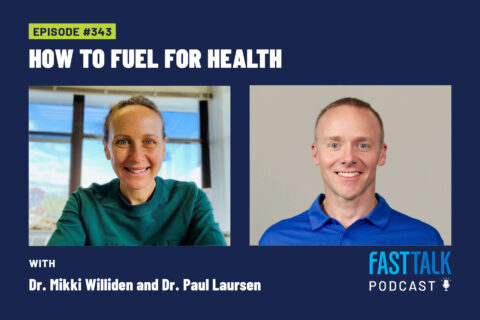
How to Fuel for Health
There’s an important difference between fueling for performance and fueling for health. In this episode, Dr. Mikki Williden and Dr. Paul Laursen give their suggestions on how to fuel for health.
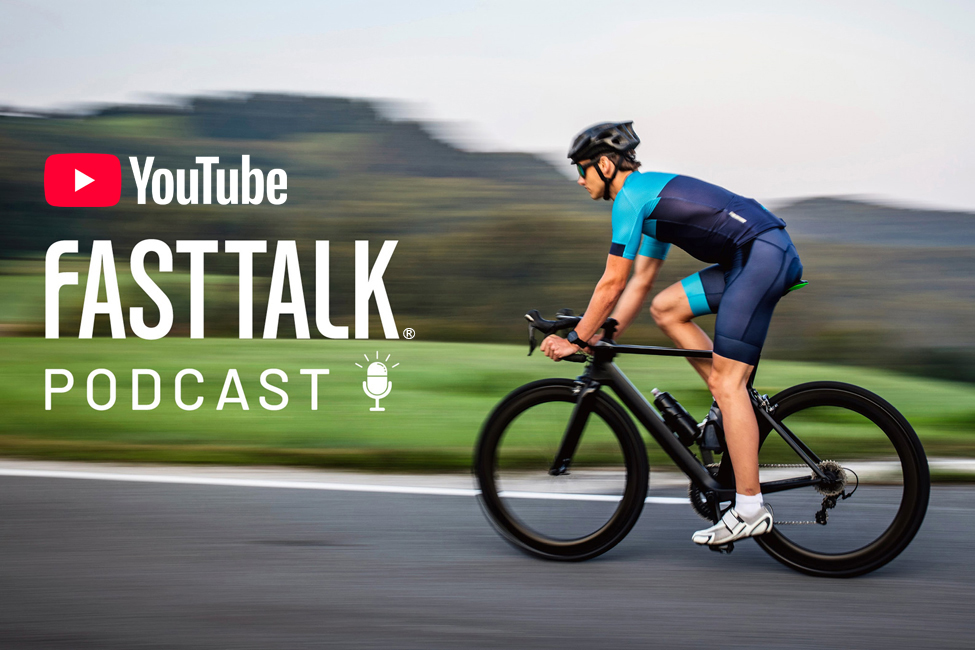
The Fast Talk Podcast focuses on the science of endurance sports in a conversational and informative style. Mixed into the deep discussions, there are tips and takeaways regarding endurance training philosophy, human physiology, workout design, performance nutrition, and sport psychology.
Our hosts Trevor Connor, Chris Case, and Griffin McMath explore these topics with world-class, leading experts on endurance sports. These include researchers like Dr. Stephen Seiler, Dr. Bent Ronnestand, Dr. Inigo San Millan, as well as coaches such as Joe Friel, Neal Henderson, Stacy Sims, and Grant Holicky.
Subscribe to Fast Talk for over 389 episodes on Apple Podcasts, Overcast, Soundcloud, Spotify, Stitcher, or wherever you get your podcasts.
Fast Talk Podcast is now on YouTube! Subscribe now to get 100+ of our best episodes, new releases, and featured videos.

There’s an important difference between fueling for performance and fueling for health. In this episode, Dr. Mikki Williden and Dr. Paul Laursen give their suggestions on how to fuel for health.
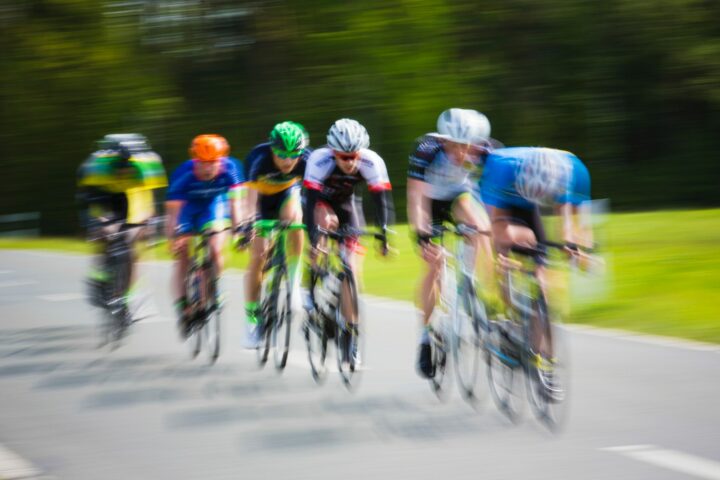
High-intensity training offers many benefits. It also has limitations. We explore just how much HIT work you need to perform at your best.
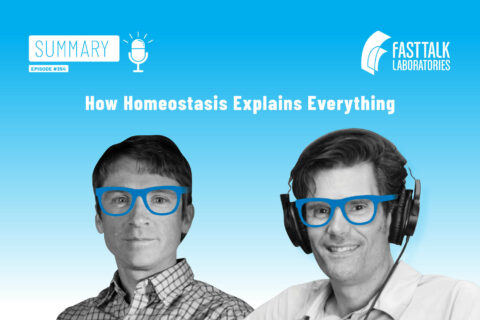
In this summary episode we discuss how homeostasis is at the core of almost every function in our bodies, including how we train and stay healthy.
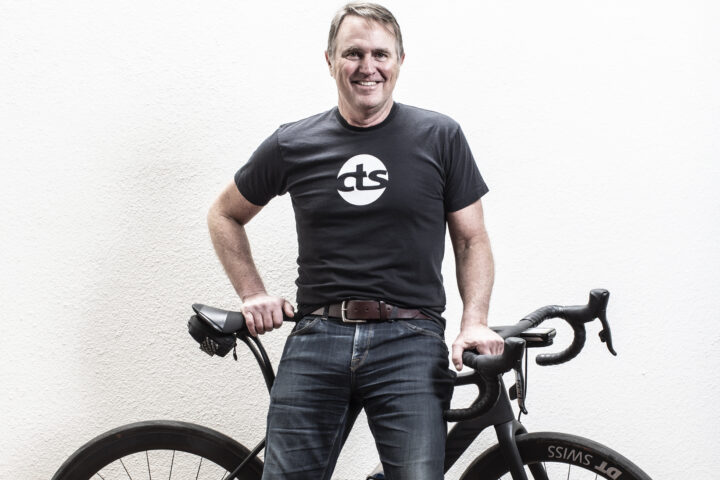
The author of “The Time-Crunched Cyclist” joins Fast Talk to discuss the science, merits, and limitations of the time-crunched training method.
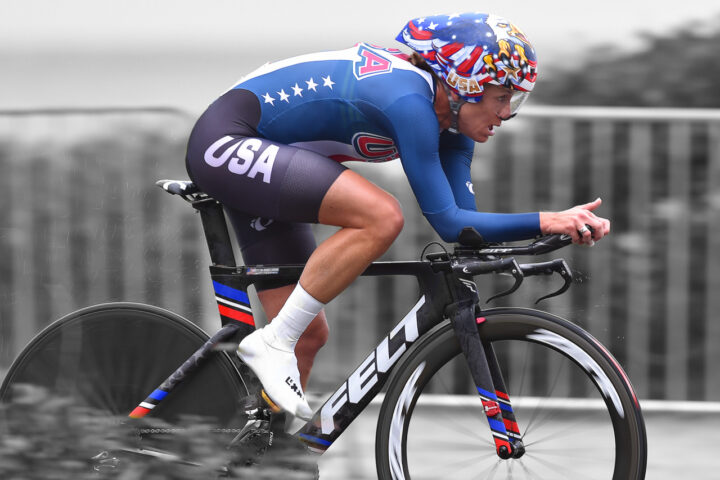
We break down every aspect of the time trial: part performance art and part crucible for athletic and scientific experimentation.
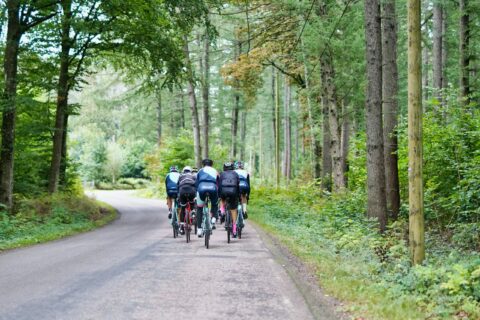
In an age when athletes often focus on the specifics, we address the importance of focusing on the fundamentals: training, recovery, and functioning gear—the things that will bring you the greatest return for your investment of time, sweat, and energy.
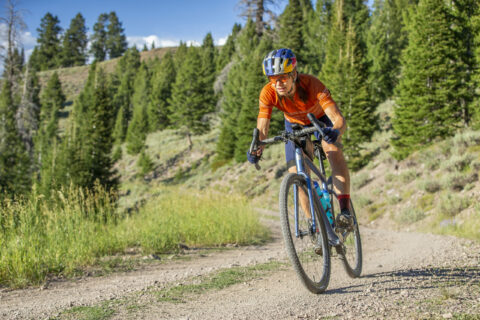
Age is just a number. Few athletes know that better than Rebecca Rusch, who joins us to discuss how to adapt and perform at the highest levels of sport as you age.
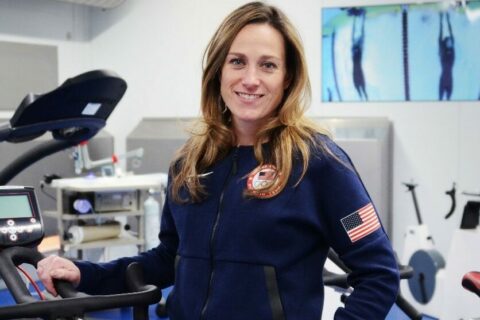
Physiologist Lindsay Golich, who works with some of America’s best Olympic athletes, helps us field questions on heat, altitude, FTP testing, fasted training, and much more.
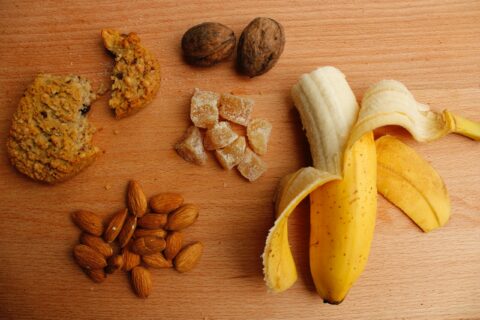
We sit down with sports nutrition expert Asker Jeukendrup to discuss potential performance gains from modifying carbohydrate load during training.
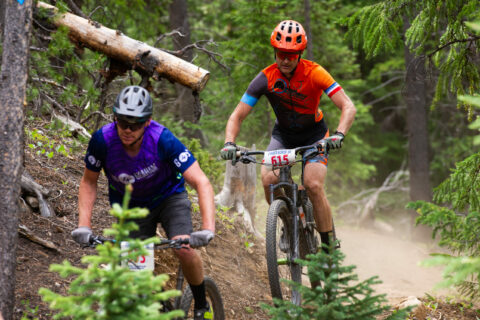
Coach and endurance mountain bike champ Daniel Matheny helps us field questions on coaching junior athletes, how aerobic capacity is impacted by intensity, PVCs, and much more.
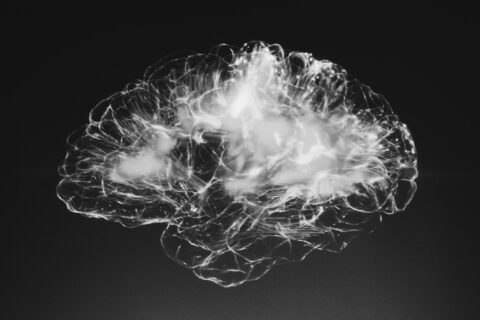
Concussions and traumatic brain injuries are far too common in cycling. We define the causes, effects, management, and preventative measures.
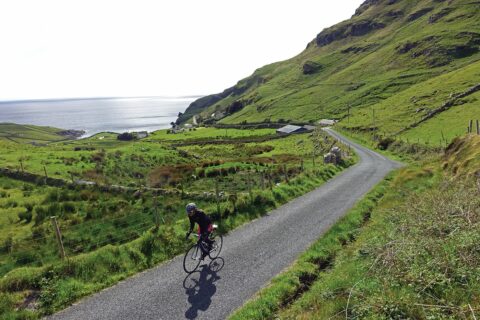
What lessons did we learn from a challenging 2020? What event or adventure plans do we have in 2021? We dive in.

Cardiovascular drift is measured on the bike by looking at a rise in heart rate relative to power. Dr. Ed Coyle shows us the science behind it.
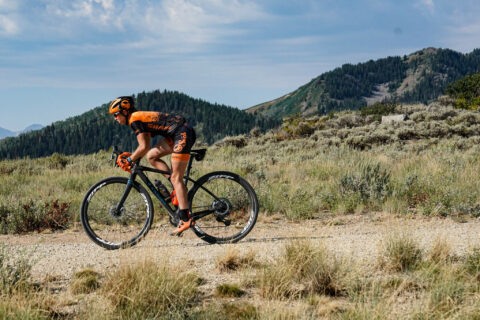
Pro mountain biker and coach Hannah Finchamp helps us field questions on time-crunched training, zone 1, interval design, and more.
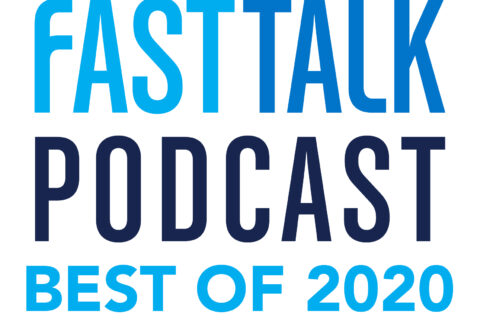
We bring you our favorite conversations with exceptional guests from the worlds of physiology, medicine, nutrition, sports psychology, and, of course, cycling.
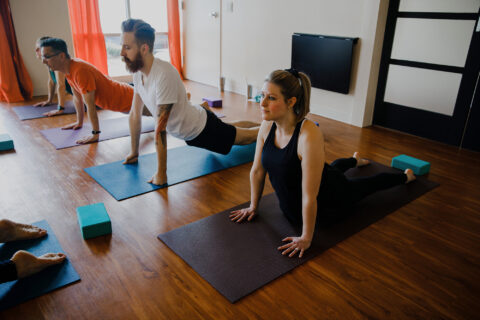
Yoga is much more than fancy stretching or breathing techniques—it can be a powerful tool to aid health and performance.

Ryan Kohler and Trevor Connor discuss some of the major myths and misconceptions in endurance sports nutrition.
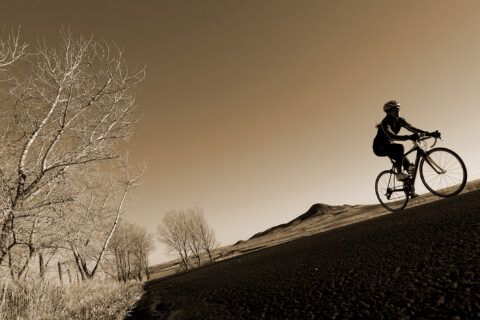
Certain physiological gains only happen after years of development. We discuss how to design training plans that look two or more years ahead.
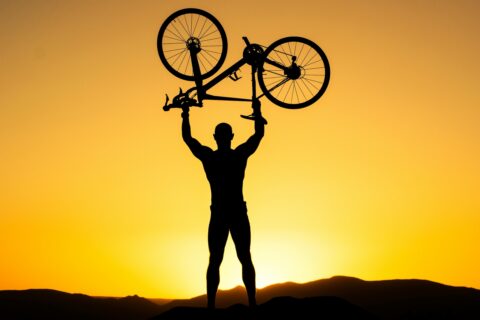
The offseason is the perfect time to assess our previous season, set goals and strategies for the coming season, and incorporate those into our training plans.
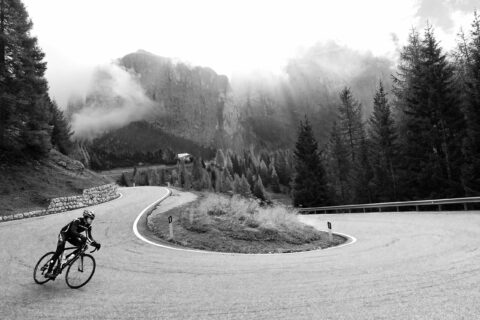
We believe modern coaching doesn’t optimally fulfill the needs of the modern athlete. That’s why we’re introducing our community, education, and coaching membership, Fast Talk Laboratories.
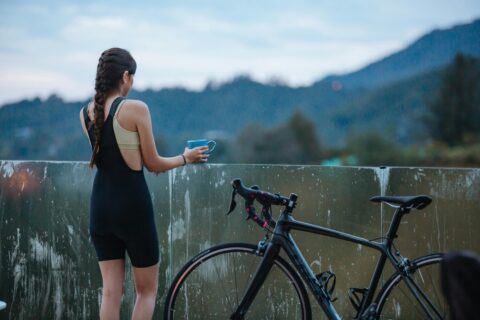
New England legend Amos Brumble joins Fast Talk to discuss training without power, the benefits of fixies, lunch rides, and more.
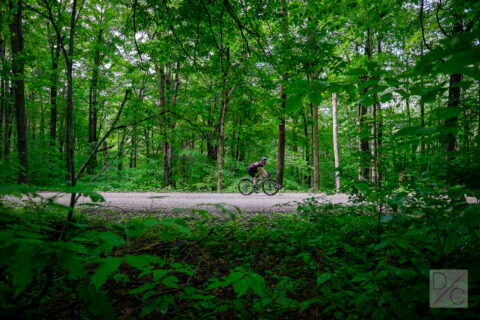
What’s it like to race for days? We step inside the fascinating world of ultra-distance events, including Tour Divide, RAAM, and Paris-Brest-Paris.